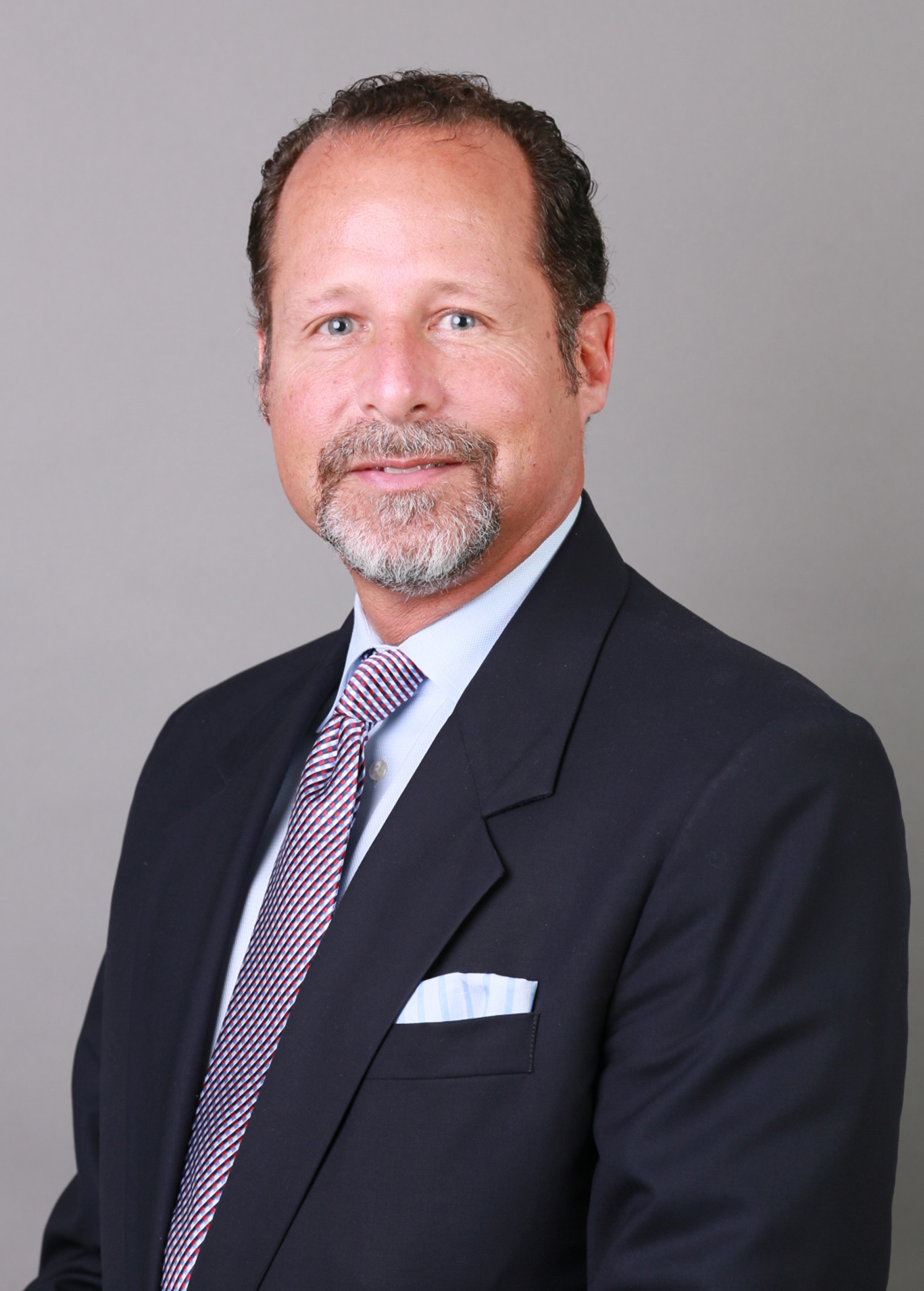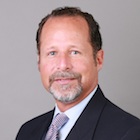
For more than a decade and a half, MedSynergies has made a living off of providing physician services.
The rapid consolidation of hospitals and physician groups has created a growing ancillary business for the Irving company: advising health systems on how to absorb those newly acquired physicians.
Fewer than 40 percent of physicians will own a practice at the end of 2013, with nearly 90 percent citing business expenses as their top concern, according to Accenture.
According to the consulting firm, 36 percent of physicians will own a practice by the end of 2013, down from 57 percent in 2000.
A physician survey found that 87 percent cited business expenses as the major reason to seek employment. Sixty-one percent named managed care, and 53 percent identified requirements for electronic health record systems. In addition, 53 percent mentioned problems managing staff, and 39 percent cited the large number of patients needed to treat to break even.
Fifty-two percent of hospitals plan to acquire physician practices in 2013, compared with 44 percent that made such purchases in 2012, according to a survey by Jackson Healthcare, a healthcare staffing company.
Opportunity, rather than strategy, is the overwhelming reason hospitals are acquiring physician practices. Seventy percent of acquisitions in 2012 began with physicians approaching the hospital to sell their practices.
Other reasons driving hospital’s acquisition of physician practices are to build or maintain a competitive advantage (58 and 55 percent respectively) and as part of a physician recruitment strategy (57 percent).
Even though Moody’s Investors Service issued a “negative outlook” to nonprofit hospital finances in early 2013 for the sixth year in a row, it noted that the sector improved its bottom line in recent years.
Moody’s partially attributed the gains to physicians. Closer relationships with physicians have helped hospitals stabilize their market shares and cut costs, Moody’s said. The relationships have translated into more physician input through joint ventures and hospital board memberships, aided by accelerating physician-practice acquisition. The rating service credited such steps as an antidote to hospital reimbursement cuts stemming from the Affordable Care Act to ensure a steady flow of patient referrals.
Steve Corso is MedSynergies’ managing director of physician engagement. His job is to align hospitals and physicians as the marketplace consolidates and delivery reform unfolds. He recently wrote a whitepaper on the subject. He also happens to be the son of ESPN college football analyst and former coach Lee Corso.
Here are some common errors he sees after health systems acquire physician practices:
- Not managing expectations. “The old compact included physician autonomy. The reality now is that physician acquisition means centralization, and that’s not autonomy. Losing autonomy is the root cause of anxiety for physicians. They don’t understand why they are not in control of the changes taking place.”
- Not adjusting system management to accommodate the acquisitions. “(The new practices) come flying into the bureaucracy and there has been no preparation. You wake up one day and realize you now have 50 physician practices and 1000 physicians. Health systems assume you can use hospital-trained staff to manage doctors. The physician enterprise needs its own space and breathing room. This is a merger, and even the best companies have trouble with mergers.”
- Not harnessing physician leadership. “Put a physician in charge. Don’t appoint them. Let the physicians have a say in who will lead. It helps lower the political drama of change.”
- Lacking clarity of purpose. “It’s like a sports team. The Los Angeles Lakers have great players. If there is no unity of purpose, you can have individuals making great individual plays but not a great team. Primary care has to meet cardiology. You have to ask, ‘How can we make ourselves better and win market share?’ “
- Not engaging physicians individually about their changed circumstances. “Doctors say, ‘I don’t know how I fit into this system. I don’t understand my personal impact. You have to give them a vision of the value proposition, how they fit in personally. They need to understand how and why things are changing, and that it is in their best interest to embrace that change. They may not completely agree, but they understand.”
Corso has advice for physicians as well.
“Being the squeaky wheel worked under the old model. It does not work so well once you are employed. Becoming an influencer works much better,” he said.
Corso foresees a future where systems engage physicians constantly, from courtship to acquisition to assimilation. He said systems increasingly will build it into hospital executive compensation and there will be better tools to measure it.
“Alignment isn’t just a word. It takes a lot of work and has many touch points. It will grow as a discipline,” he said.
Steve Jacob is editor of D Healthcare Daily and author of the book Health Care in 2020: Where Uncertain Reform, Bad Habits, Too Few Doctors and Skyrocketing Costs Are Taking Us. He can be reached at [email protected].






